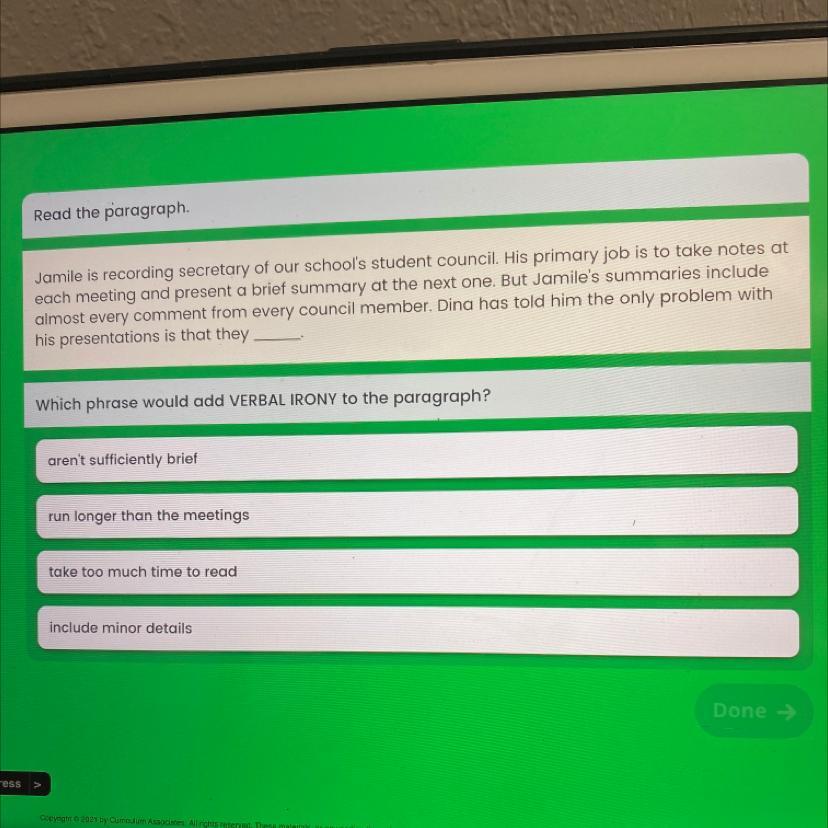why does Dr Ambedkar express doubts about India's democratic system in India
Answers 2
Answer :
Three Warnings :- 1) The first thing in my judgement we must do is to hold fast to constitutional methods of achieving our social and economic objectives2) The second thing we must do is to observe the caution which John Stuart Mill has given to all who are interested in the maintenance of democracy3) The third thing we must do is not to be content with mere political democracyHope this helps ☃️
-
Author:
rabbit
-
Rate an answer:
10
AI generated Answer
Quick Answer: Dr Ambedkar expressed doubts about India's democratic system due to his awareness of the limited rights and representation of people from lower castes and classes.
Full Explanation: Dr B.R. Ambedkar was a civil rights activist and scholar who sought to protect the rights and interests of people from lower castes, tribes, and other vulnerable social groups in India. He understood that India's democratic system offered limited rights and representation to such people, which raised doubts as to whether it was truly democratic or if it was just an illusion of democracy. In 1921, he wrote: "The Deputy Commissioners are not elected by the people and are not responsible to them. The administration is appointed from above and is irresponsible to those below." This exemplifies Dr Ambedkar’s views on how India’s democratic system was, at the time, not likely to fully nurture the interests of lower class citizens.
-
Rate an answer:
0
Do you know an answer? Add it here!
Unable to find an answer to your question?
Don't worry! There are several alternative approaches you can try to resolve your query. Here are some tips to help you find answers in different ways:
- Reframe your question: Sometimes, the way you phrase your question can limit your search results. Try rephrasing it using different keywords or providing more context to get better results.
- Utilize social media: Post your question on social media platforms, particularly those focused on professional or specialized topics. Twitter, LinkedIn, and Facebook groups can connect you with individuals who may have relevant expertise or experiences to share.
- Consult subject matter experts: Reach out to experts in the field related to your question. Many professionals are willing to help and share their knowledge. You can connect with them through email, LinkedIn messages, or by attending relevant conferences or events.
- Use our website to find your question through the search box above, or you can sign up to ask your question for our big educational community. Our experts will review your question, and you will get a quick and quality answer.
- Collaborate with others: If your question is related to a specific project or problem, consider collaborating with others who might have complementary skills or knowledge. Teamwork can lead to innovative solutions and shared insights.
Remember, the process of finding answers often involves persistence, creativity, and an open mind. By exploring various resources, reaching out to others, and being proactive in your search, you increase your chances of finding the information you need. Happy quest for knowledge!
Choose a language and a region
How much to ban the user?
1 hour
1 day
100 years

